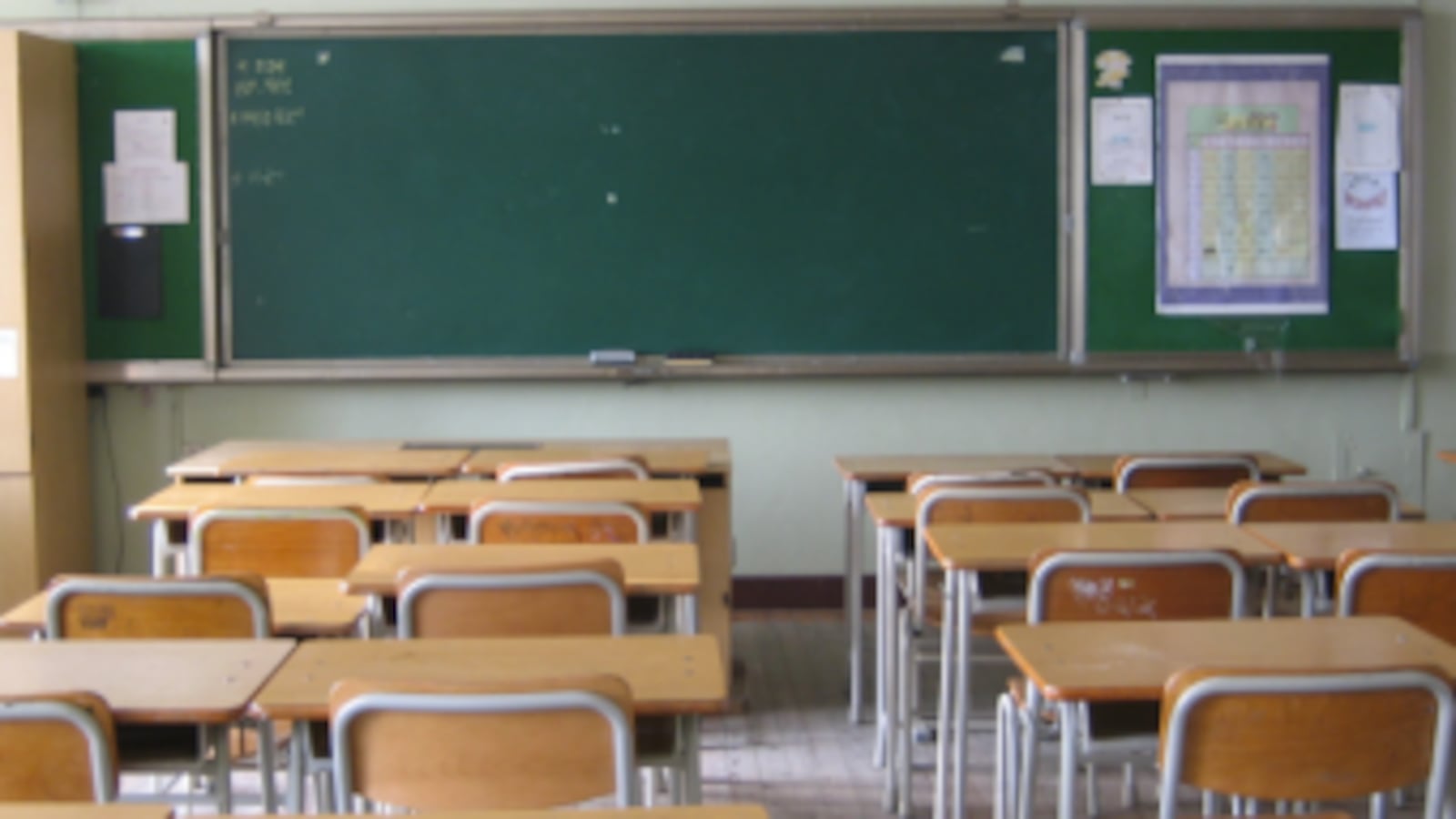In the four-plus years that Tennessee lawmakers have debated offering tuition vouchers for students in the state’s lowest-performing schools, the proposal has stayed essentially the same.
Meanwhile, Memphis — the city most likely to be impacted by voucher legislation — has experienced a major upheaval, as school districts there struggle to sort a shrinking student population into an increasingly fragmented public education landscape.
Now the city’s already under-enrolled schools stand to experience most of the fallout if state lawmakers decide to approve voucher legislation this year.
Supporters argue that vouchers provide school choice that empowers parents and leads to better academic outcomes — and that they will not necessarily lead to closures of public schools. Opponents fear that adding more options to an already student-hungry landscape will destabilize public education in Memphis.
The debate mirrors the national conversation happening as new U.S. Secretary of Education Betsy DeVos uses her platform to promote programs that allow parents to use public funds to pay private school tuition.
Tennessee lawmakers are expected this week to consider two voucher proposals, including one that would exclusively target Memphis, home to the state’s largest public school system and most schools in the state’s school turnaround district. The other bill aims to give more options to students in a handful of urban districts, including Memphis.
Both proposals would provide tuition vouchers worth $7,000 to participating families each year and would target low-income students who live near schools with low test scores.
Many of those schools already are under-enrolled. Fifteen of the state-run Achievement School District’s 31 Memphis schools are at under 70 percent capacity. And of the 20 schools closed by Shelby County Schools since 2012, all were under-enrolled.
Because funding follows students, under-enrollment hits the pocketbooks of local schools and their ability to provide a quality education. For instance, the ASD is closing several Memphis schools this spring operated by KIPP and Gestalt Community Schools because both charter operators say they don’t have enough students to provide necessary support.
Having more students use tuition vouchers to move to private schools would only worsen the climate, say public school advocates.
“Children that leave the system don’t leave in nice neat classroom packages,” said Tony Thompson, a lobbyist for Shelby County Schools. “You still a need a teacher for the remaining students.”
In cities like New Orleans and Milwaukee, local districts have blamed budget cuts for the high number of students choosing to use vouchers. And when states have expanded those programs to rural areas with significantly fewer students — a frontier broached in another bill not limited to urban areas — local districts there have been hit especially hard.
“Multiplication of choices in the case of stabilized or declining enrollment at the very least is disruptive,” said Jeffrey Henig, a political scientist at Columbia University who has studied private school choice. “It makes it difficult for leaders of local districts to allocate resources intelligently.”
But Mendell Grinter, who leads the Campaign for School Equity, a Memphis-based group that advocates for school choice, doesn’t think vouchers would gut the city’s public schools. “We’re not imagining that every student who is eligible for vouchers will take them,” he said.
And other voucher supporters dismiss detractors’ arguments as “scare tactics.”
“You’ve yet to find a public school that has closed because of a private school choice program in that state,” said Lindsay Boyd, policy director for the Beacon Center, a Tennessee-based free market think tank.
Indeed, many factors, including declining population and low performance, can contribute to school closures.
Henig thinks any destabilization resulting from vouchers likely would happen slowly. At first, there might not be enough private schools to meet demand. But in Milwaukee, where vouchers are worth a similar amount, many more private schools have opened to serve voucher-eligible students.

“Initially, there might not be a full uptake, because there’s not room in the private school sector, but over time … there may be new entrepreneurial schools coming in, some of which may be legitimate and some that might be attracted by easy money,” he said.
Henig also points out that once other states like Indiana passed vouchers, they moved quickly to expand eligibility beyond students in low-performing schools. The amount of public funding going to private schools subsequently swelled.
“Then, the disruption would be more substantial,” he said.

